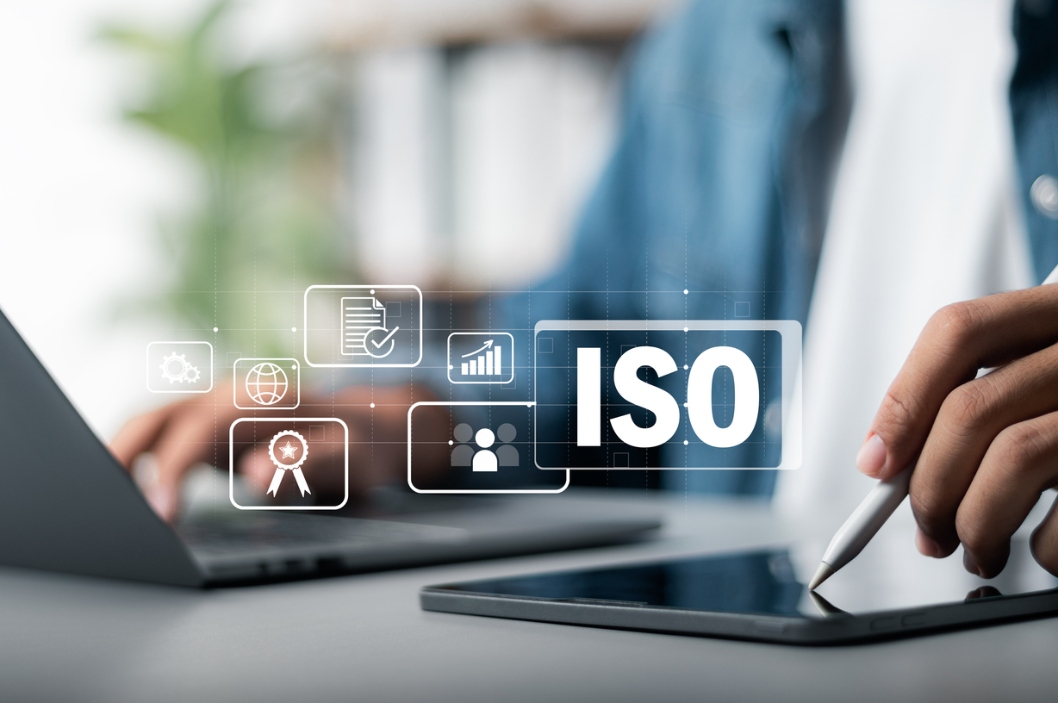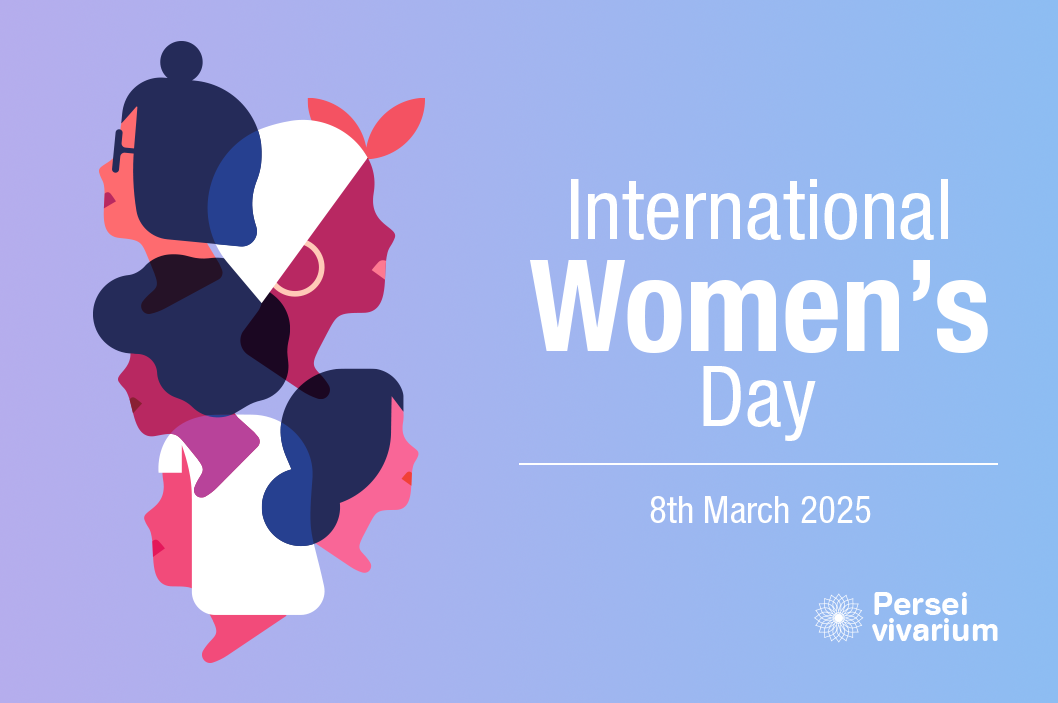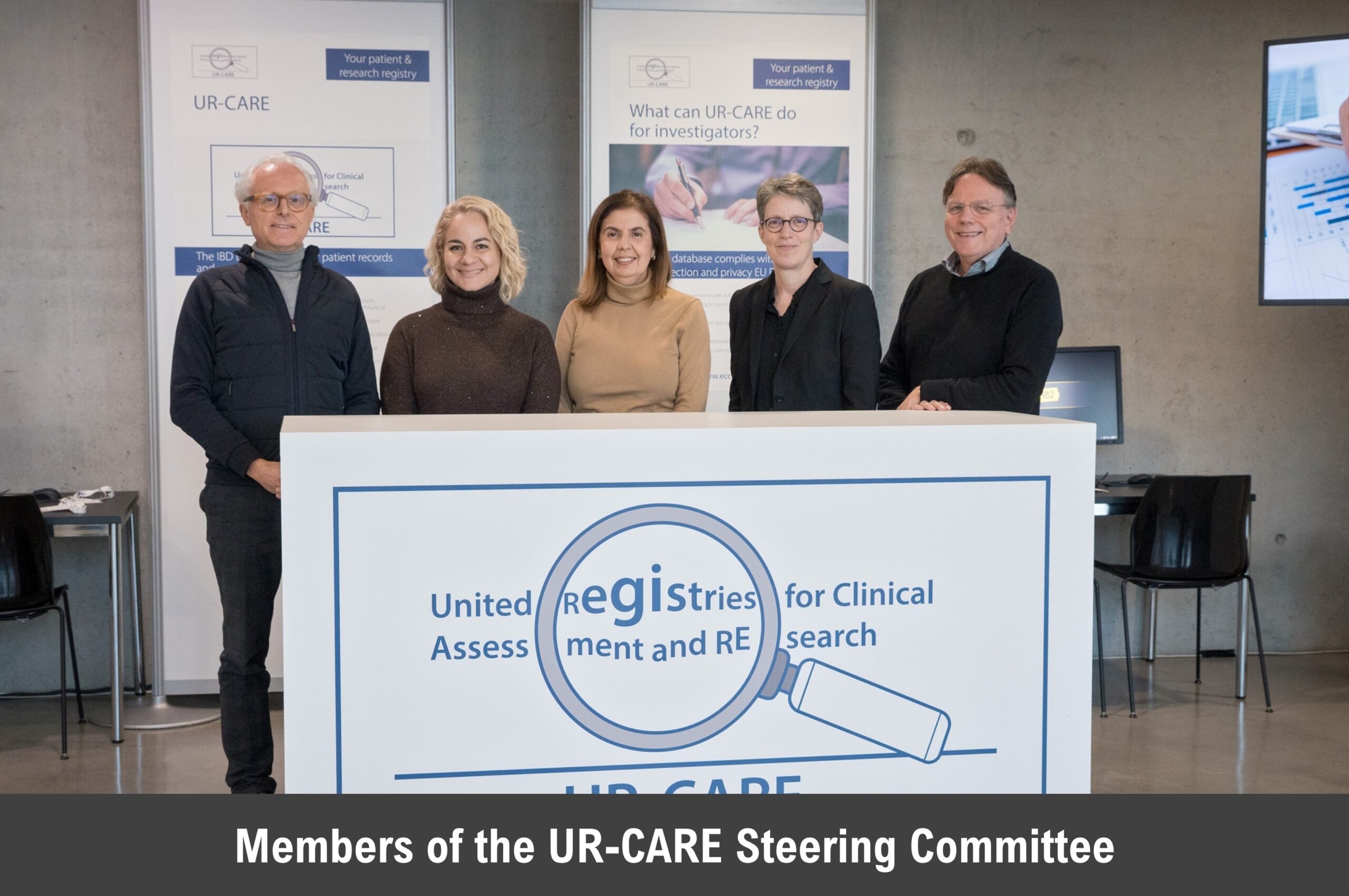What does Digital Health offer for the management of and research into Inflammatory Bowel Disease (IBD)?
Digital Health has significantly improved the treatment and management of diseases, especially chronic ones, as noted in our article on Diabetes Mellitus and Heart Failure. Along with these, many other pathologies can benefit from the contributions of these solutions, as is the case with IBD.
Digital Health and Digital Therapeutics (DTx) in Mental Health: Innovation for more accessible and effective care
According to the 2023 Annual Report for the National System of Health, 34% of the Spanish population suffers from some mental health condition, including anxiety and depression. If we consider the population older than 50, the prevalence rises to 40%, and in adults older than 85, half of the people show one of these conditions.
Persei vivarium successfully completes the annual ISO 13485 surveillance audit, reaffirming its commitment to the quality of medical devices
Our company, Persei vivarium, has successfully passed the annual surveillance audit for its ISO 13485 certification. This guarantees that the medical devices offered by the company comply with rigorous regulation and are adapted to the needs of the clients.
Prevention, diagnosis, and treatment of diseases using Digital Biomarkers
Widespread digitalization, and the development and application of Artificial Intelligence (AI) in healthcare are enabling the implementation of ever more sophisticated tools in the diagnosis and treatment of, and research into, diseases, as is the case with Digital Biomarkers.
International Women’s Day 2025: “For ALL women and girls: Rights. Equality. Empowerment”.
As every year, Persei vivarium joins the celebration of International Women’s Day on March 8. In 2025, this day is observed under the theme proposed by UN Women: “For ALL women and girls: Rights. Equality. Empowerment”. This year marks the 30th anniversary of the Beijing Declaration and Platform for Action, adopted by 189 governments in 1995.
Persei vivarium participates, once again, in the internationally renowned IBD congress, ECCO’25, promoting the UR-CARE and E-QUALITY projects
The days from February 19 to 22 marked an important date for the global scientific and medical community focused on Inflammatory Bowel Disease (IBD), as the 20th Edition of the European Crohn’s and Colitis Organisation Congress (ECCO’25) took place, in which Persei vivarium participated once again.






